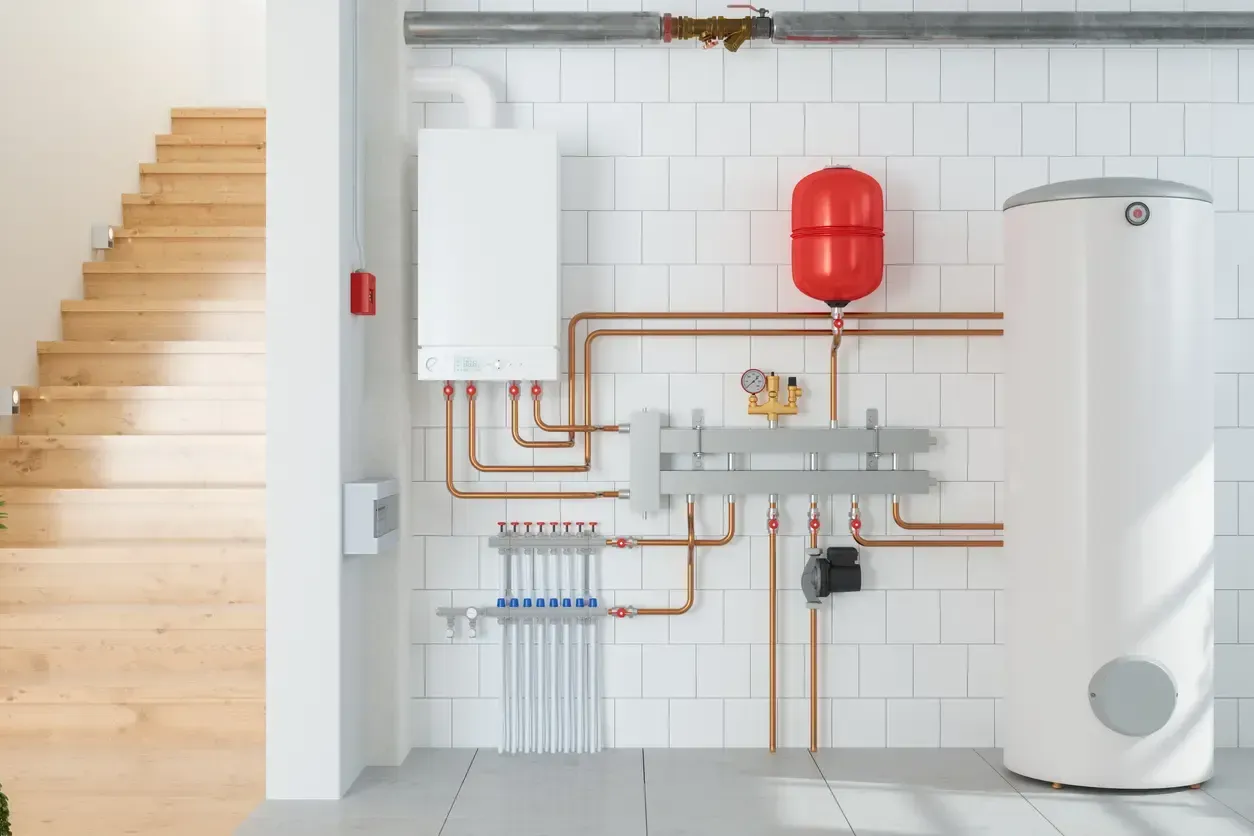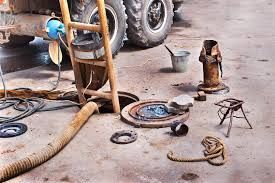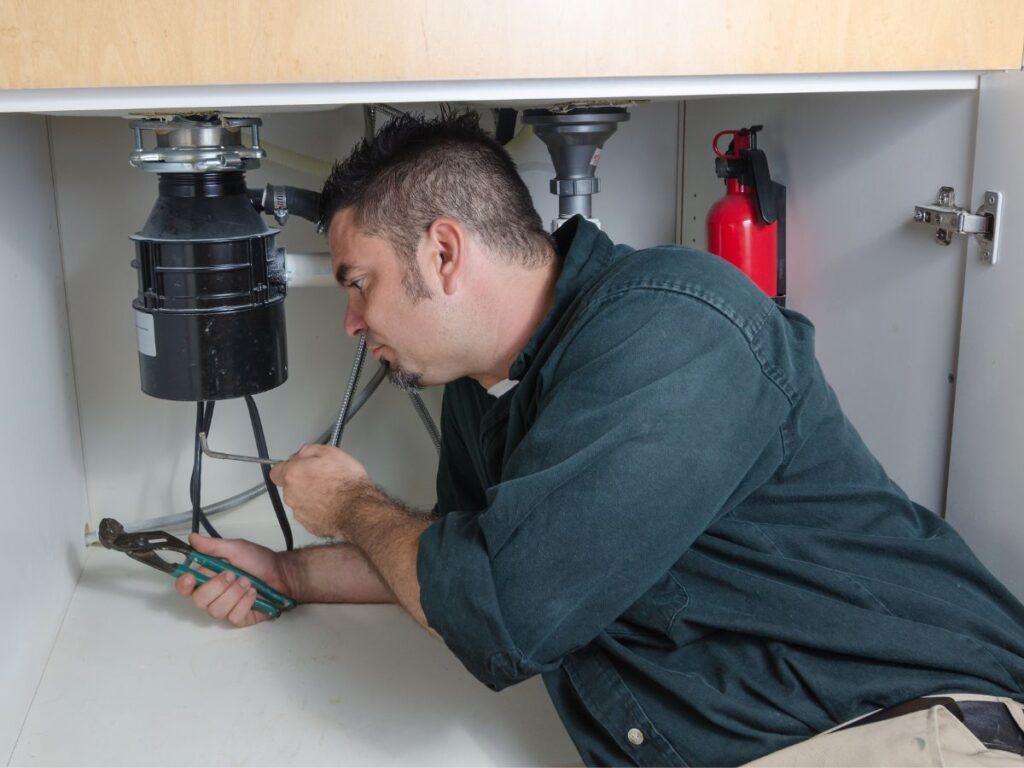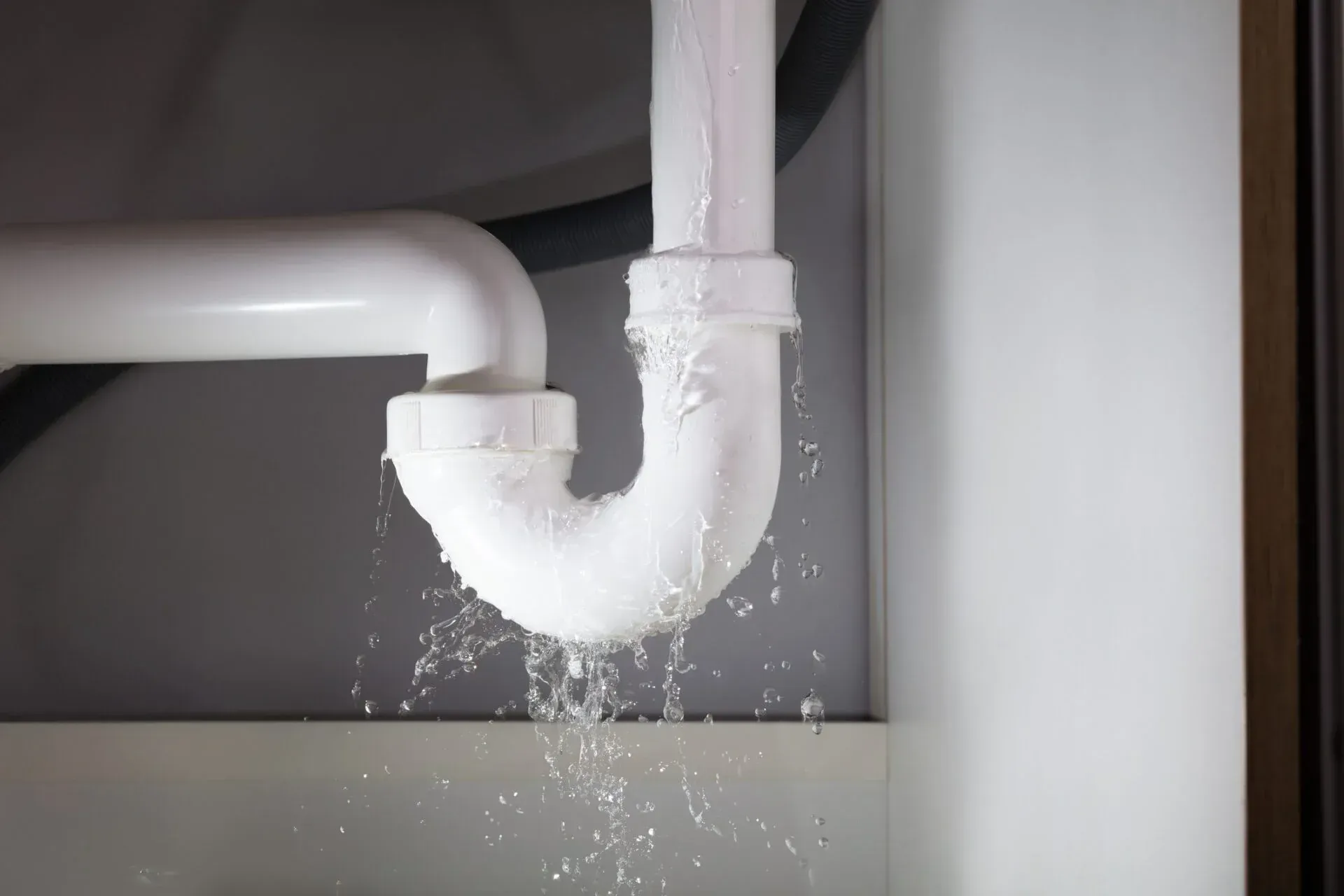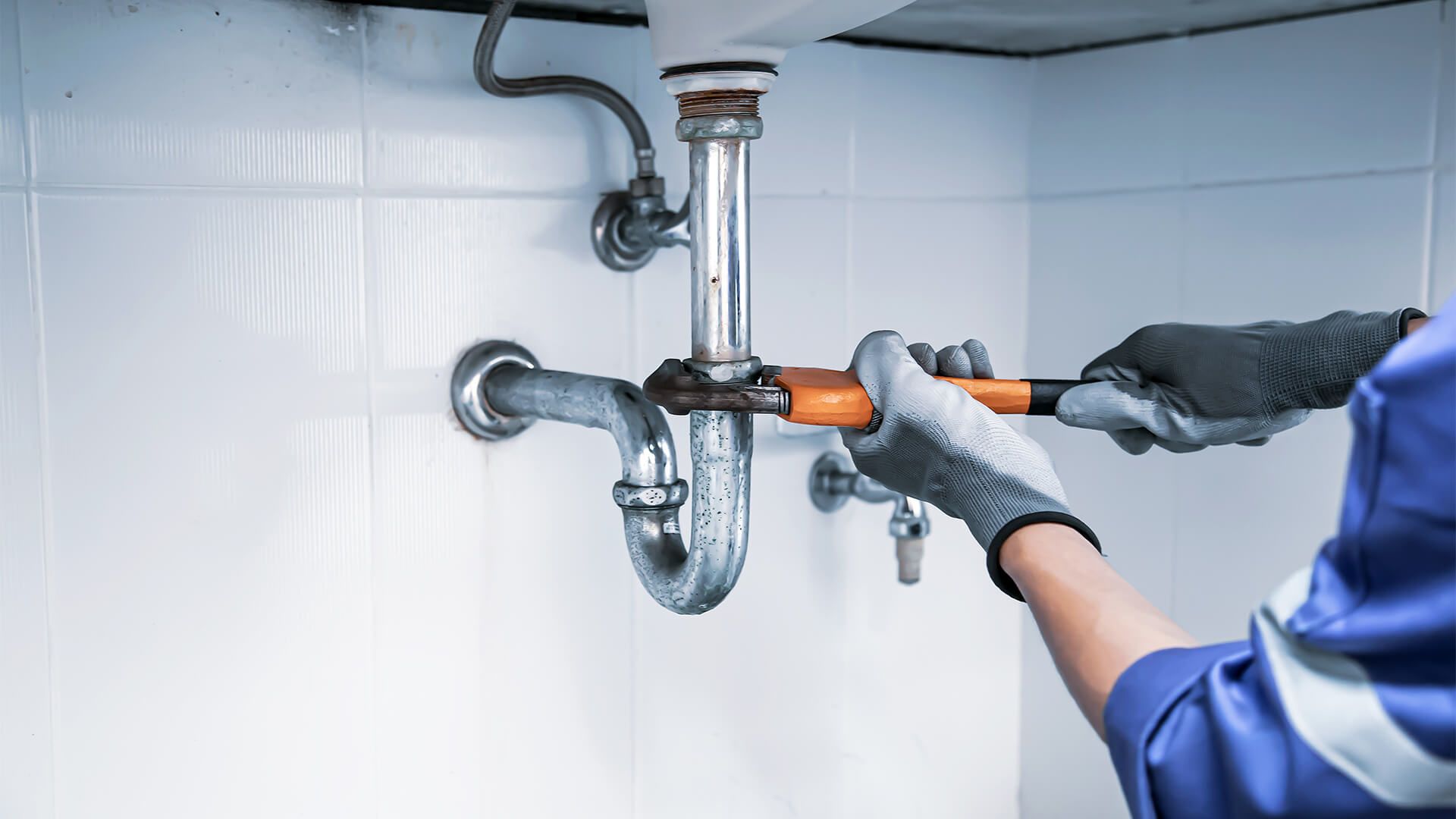Clogged Drain- What To Do And How To Avoid It

Unclogging Methods
You’ve noticed that your tub or kitchen sink hasn’t been draining as quickly. You cleaned the buildup you can see, but a few days later, things seem to be getting worse. You have a dreaded clog. Most clogs build up over time and can be fixed easily if caught early enough. On the other hand, sudden clogs, think action figures in the toilet, will probably require more drastic measures or a call to All City Plumbers, your residential plumbing company in Birmingham, AL. But for now, let’s talk about how to (hopefully) unclog drains all over your house including sinks, bathtubs, and toilets. Here are some of the most common and least dangerous methods:
· Baking soda and vinegar
Mix 1/3rd of a cup of baking soda with 1/3rd of a cup of vinegar in a measuring cup. QUICKLY pour it down the clogged drain, as it will be fizzing and you want to avoid a recreation of your child’s volcano project at school. The fizzing action will help remove the gunk, hair, and grime built up in the pipe. Let it sit for one hour then flush with hot water. The other way to do this is to get as much of the dry baking soda as you can down the drain first, then pour in the vinegar. Add some lemon for a fresh, clean smell.
· Boiling water
Pay close attention because this method is very complex and hard to understand. Step 1: Boil water on the stove or in the microwave. Step 2: Slowly and carefully pour it down the clogged drain. The end. This is the easiest method because it doesn’t require buying anything or digging out any nasty gunk.
· Bent wire hanger or snaking tools
If you want to go out and buy something simple to help unclog almost anything in your house, snaking tools are one of the best options. There are different varieties made of different materials, but the main goal is to snag whatever is clogging your pipes and pull it out. Warning! It can get pretty gross, because who knows what you’re going to pull out. Ew!
Let’s say you don’t want to go buy a special tool or you need something right now, use a wire clothes hanger! Just unravel it, straighten it out and then bend the end into the shape you need to go down the drain. Make sure you don’t accidentally push the gunk further down the pipe instead of pulling it back up, but this simple solution should do the job.
· Shop Vac
If you have a wet and dry shop vacuum, you might want to try out this method. Make sure your settings are set for vacuuming liquids and then cover up the vent. Make as tight of a seal as you can and try to suck out the gunk in your drain. This one may not work as well, but is definitely worth trying if you already have a shop vacuum. DO NOT try this with a regular vacuum!
How to prevent clogged drains
You might be thinking to yourself, “those were great unclogging methods, but I don’t want to deal with that. I want to avoid even having a clogged drain”. You’re in luck! Here are a few preventive ways to avoid clogs in your kitchen or bathrooms.
Kitchen
Consider using drain screens on all your drains. These items fit over drain openings in both the kitchen sink and shower drain to help prevent food, hair, soap scum and other gunk from getting in your drain.
Don’t pour grease or oil down your sink. Instead, pour grease into a container (preferably one that can be sealed) and then throw it in the trash. Since grease hardens when it cools down, it can easily stick to the inside of your pipes and lead to a clogged kitchen sink.
No garbage disposal? Use a strainer to prevent food scraps from going down the drain.
Have a disposal in your kitchen sink? Be careful of the most common troublemakers including: banana peels, coffee grounds, eggshells and potato skins. These types of food don’t grind as well in disposals since they tend to be thicker or clumpy. Always run a steady stream of cold water while your garbage disposal is on.
Bathrooms
In your bathtub and bathroom sink, clean drain stoppers on a regular basis. Hair, soap scum, and other gunk slow down the drains when they collect over time or can completely clogged tub drains.
This should go without saying, but never flush ANYTHING other than toilet paper down the toilet. Also, using too much toilet paper can clog the toilet and possibly the whole sewer system.
If none of the unclogging methods work or you find yourself with a major plumbing issue, contact All City Plumbers, your local Birmingham, AL residential plumbing company.
